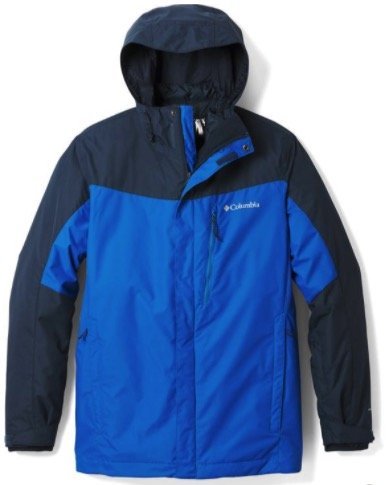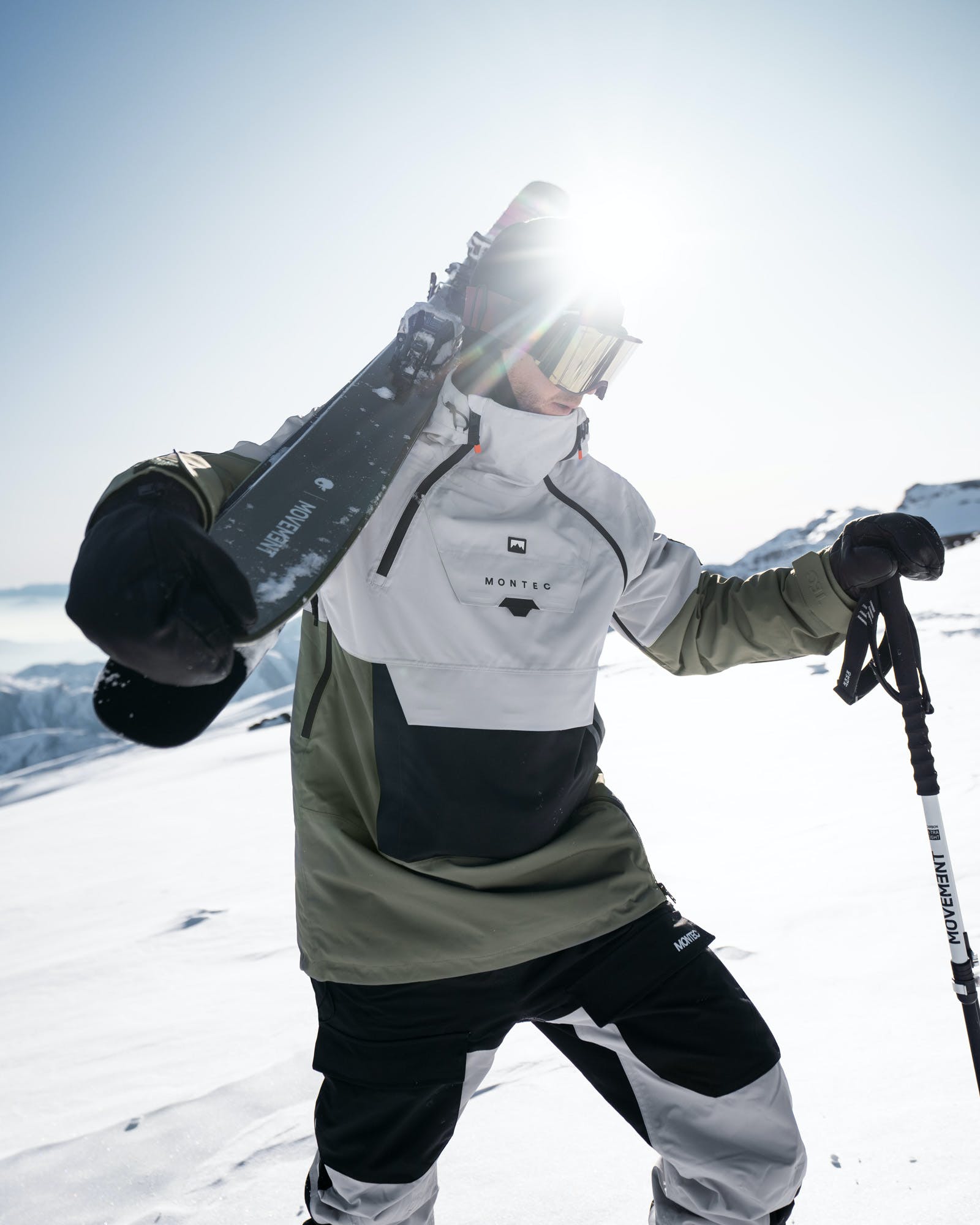
The 2020 summer olympics are scheduled to take place from 23 July until 8 August in Tokyo, Japan. It will be the 3rd time the city hosts the games. The previous two times were in 1900, 1924.
More than 206 nations are expected to participate in the games. This includes 93 countries which have won medals at all three Olympics. This number is the highest in Olympics history since 2008 Beijing, when 87 countries won gold medals.
Tokyo was selected to host the Games by the International Olympic Committee to replace Rio de Janeiro (Brazil), which hosted the Games in 2008. The city boasts a large population, and it is easily accessible from all parts of the world via its excellent transport links.
It is also home to the judo, wrestling, and fencing schools. The Tokyo Organizing Committee was keen to build on the success of previous Games and to promote the Olympic values of unity and cooperation.

It was made more difficult by the appearance of COVID-19, a opportunistic version of SARS-CoV. The disease was first discovered in China in March 2020. By June, it had reached Japan. It had already spread to other parts of the world by September.
Although the disease was not directly connected to the Games', many felt that it was unfair for the event to be held at a time it was already disrupting the lives of so many. A petition was started in Japan, calling for the organisers to "prioritise life" and postpone or cancel the games.
Thomas Bach, IOC president, stated that the decision to cancel games was an "unprecedented and very difficult situation." He also added that every decision must be made with safety in mind.
The olympics have caused political controversy and conflict in recent years. However, they have served to bring people together around the world. They offer an opportunity for people from all backgrounds to come together and watch athletes compete in the gold medal race for 17 days.
The Olympic gold medalists are not just some of the most well-known athletes in the globe, but also a great source of pride for their country. They are often role models and symbols of hope for others and can inspire us all.

The Olympic Games are a key part of the global cultural heritage. They offer a sense if belonging to a worldwide community. The games are being held in a small city with just over 70million people.
This is the largest ever city to be chosen as the host of the Olympics. It will provide an unique opportunity for all countries to get together to celebrate, compete and share in the celebrations.
FAQ
Do I need travel insurance?
Travel insurance is important if your plans include adventure travel. You should ensure that you have coverage for all types and forms of adventure sports.
For example, if you are skiing, you should ensure that you have medical coverage. Also, you should consider getting insurance for theft, loss, or damage.
Cover for cancellation should be considered. You can cancel your holiday without incurring any penalty.
You should also ask for coverage for emergency evacuation. In the case of an avalanche and other natural disaster, you can be evacuated from the mountain.
What snacks should I bring to the plane?
There are many different types of snacks available for you to choose from when flying. You may want to consider bringing along any food items that you know you enjoy eating while traveling.
You could pack, for instance, chocolates and other chocolate-related treats.
Perhaps you want something savory? You could pack some crackers or cheese.
You should also consider what kind of drinks you would like to have on board. Perhaps you'd prefer something cold or hot?
No matter what type of snack you bring, ensure that they are packed securely and safely.
So you don't have to worry that they might get damaged on the road.
How do I prepare for vacation?
To maintain a healthy lifestyle on vacation, you must eat well and exercise regularly.
Be sure to stay hydrated and well rested before you leave home.
Make sure you have all the necessary travel documents and medications ready to go.
And if you're planning to take any medication during your trip, ensure you carry enough to last until you return home.
Also, remember to bring extra clothes in case of illness or injury.
You should not forget these things when you travel.
You will find yourself in situations that leave you with very little time for making decisions when you travel. Be ready to adapt.
You might be stuck somewhere for hours, days, weeks, or even months. If you've planned ahead, you'll have food, water, shelter, and a place to sleep. You may need to improvise if you don't plan ahead.
These cases will likely require you to rely on the things you are most skilled at. It means you have to be able to quickly make decisions based upon your experience and instinct.
Sometimes you don't have a choice. For example, you could be stranded in an area without cell phone service, running out of gas, or having been robbed. In these cases, you will have to adapt quickly and respond to any situation.
It is important to remain calm, keep your eyes on the prize and be decisive. Don't panic. Instead, focus on what you can control.
You can, for example, choose the direction you want to travel if you get lost in the woods. For those who are hungry, berries and mushrooms can be eaten. Rainwater or melting snow are good options if you're feeling thirsty.
Or if you're tired, you can rest. It's okay to bundle up if it is cold. You can wear a sweater if it's cold. You'll feel happier if you remain positive, no matter what your decision.
Statistics
- Between the ages of 11 and 13, kids, or tweens, will likely want some autonomy but also need boundaries. (travelandleisure.com)
- No Checked Bags: No Alcoholic beverages with more than 70% alcohol (over 140 proof), including grain alcohol and 151 proof rum. (tsa.gov)
- Alcoholic beverages with 24% alcohol or less are not subject to limitations in checked bags. (tsa.gov)
- Pack sweaters, jackets, and underwear in reusable compression bags creating up to 75% more space in your luggage. (wikihow.com)
- You can use compression sacs or cubes to reduce the volume of your clothes by up to 80%—this is especially convenient for bulky items such as sweaters and jackets. (eaglecreek.com)
External Links
How To
How to travel inexpensively
It is one of the most loved activities. Traveling is expensive. Traveling can be expensive due to the high cost of airfares, hotels, rental cars and transportation. If you have a child, it's even more expensive. So, how can we make it more affordable to travel?
Start by looking at ways we can reduce our costs. If you plan your trip in advance, you might get discounts on airfare, hotel room, rental cars, and other services. Budget hotels can be a great way to save money. If you don't want to spend too much, choose a hostel because they offer basic accommodations for less than $20 per night. You can also take public transportation and use Airbnb to rent a room in someone's house.
Consider spending a little more to avoid extra fees. You should consider buying a SIM Card for your phone if you don't have access to Wi-Fi. By doing this, roaming costs are eliminated. To cut down on costs, order a pizza or pasta if you plan to eat outside.
You could also consider sharing the expenses with others. You could ask your friends and family to split the bill. Maybe you can even work together to purchase tickets. Sharing expenses helps you save money and reduces stress.
If you still can't afford to travel, then remember that you can always go hiking or camping. These activities are usually completely free. You just need to pack supplies such as water, snacks, sunscreen, insect repellent, a first aid kit, a flashlight, a tent, a sleeping bag, etc.
There are many ways to make traveling affordable. Try to think creatively and come up with ideas that are unique to you!